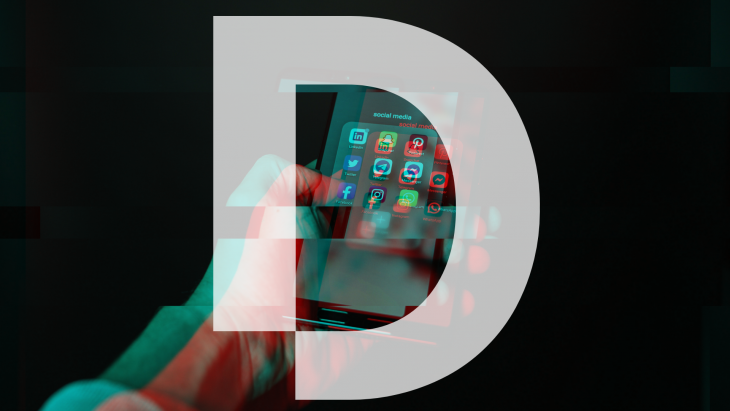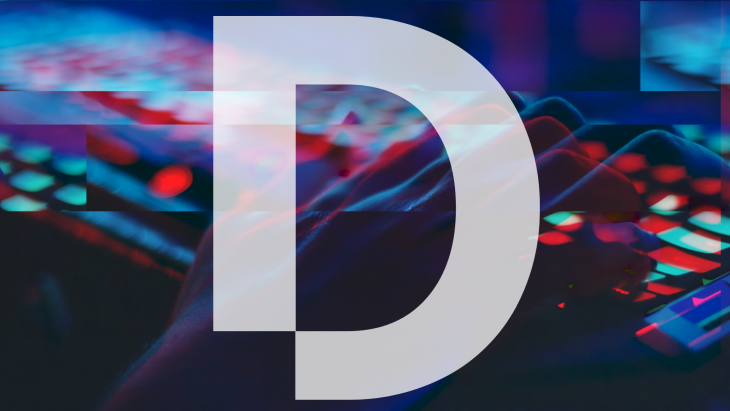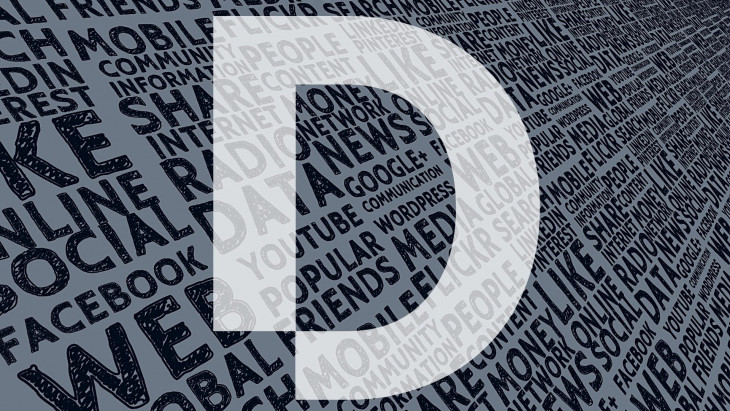DigitHarium Month #3: Information disorders, conflicts and shifting online landscapes
Propaganda and the manipulation of information have always been part of conflicts. In a digital world, this reality takes new dimensions as the Internet and social media exponentially increase the speed, scale and reach of good and bad information, magnifying the phenomenon and its negative consequences. The COVID crisis further highlighted the devastating effects of the global ‘infodemic’ threatening international peace and security.
For the third DigitHarium month of 2021, we turned our head to an issue that has become more and more topical for humanitarian action: the impact of online misinformation, disinformation and hate speech (MDH) on conflict trajectories. We focused in particular on how MDH can increase peoples' exposure to risks and vulnerabilities in fragile settings, and what humanitarian organizations can do to better understand this phenomenon and respond to it.
For the Digital Dilemmas Dialogue, we invited Peter Singer, Strategist and Senior Fellow at New America and author of several books on how social media has changed war and politics. We focused in particular on the risks and opportunities that the current digitalization wave offers for people living in situations of conflict and violence, and on the ways that the spread of information online is impacting not only the way humanitarian organizations work, but the very settings they are called to work in.
 |
|
Digital Dilemmas Dialogue #3: How the spread of harmful information changes armed conflicts 24.03.21 | Online recording available |
For the Digital Dilemmas Debate, we called in experts from the humanitarian sector, civil society and academia to discuss how humanitarian organizations can understand "information disorders", their main drivers and their likely consequences, as well as how they can be addressed as part of broader protection and assistance programming.
 |
|
Digital Dilemmas Debate #3: Information disorder and conflict - the humanitarian dimension 31.03.21 | Online recording available |
Finally, we were able to analyze the current blind spots of the humanitarian sectors with respect to MDH with both internal and external experts. This included an important call to action, encouraging researchers, practitioners and other stakeholders working on the subject to spend more efforts on their conflict dimension; to improve humanitarians' capacity to recognize and cope with these phenomena; and to integrate a conflict-sensitive lens in the construction of the systems and platforms that facilitate them, as well as in policy-related activities.
 |
|
DigitHarium blog post: The 'fog of war' . . . and information, by Sandrine Tiller, Pierrick Devidal, and Delphine van Solinge 30.03.21 | Available online |
Additional resources
Q&A: Humanitarian operations, the spread of harmful information and data protection, by Delphine van Solinge and Massimo Marelli (29 min read)
You can't handle the truth: misinformation and humanitarian action, by Rachel Xu (8 min read)
Digital risks for populations in armed conflict: Five key gaps the humanitarian sector should address, by Delphine van Solinge (8 min read)
Symposium Report: Digital Risks In Armed Conflicts (ICRC)
[EVENT] Digital Technologies and Humanitarian Action in Armed Conflict (18 March 2021 13:30 - 15:00 CET)
Questions? Comments? Ideas?
Write us at: digitharium@icrc.org
The DigitHarium is part of the Humanitarian Data and Trust Initiative.



